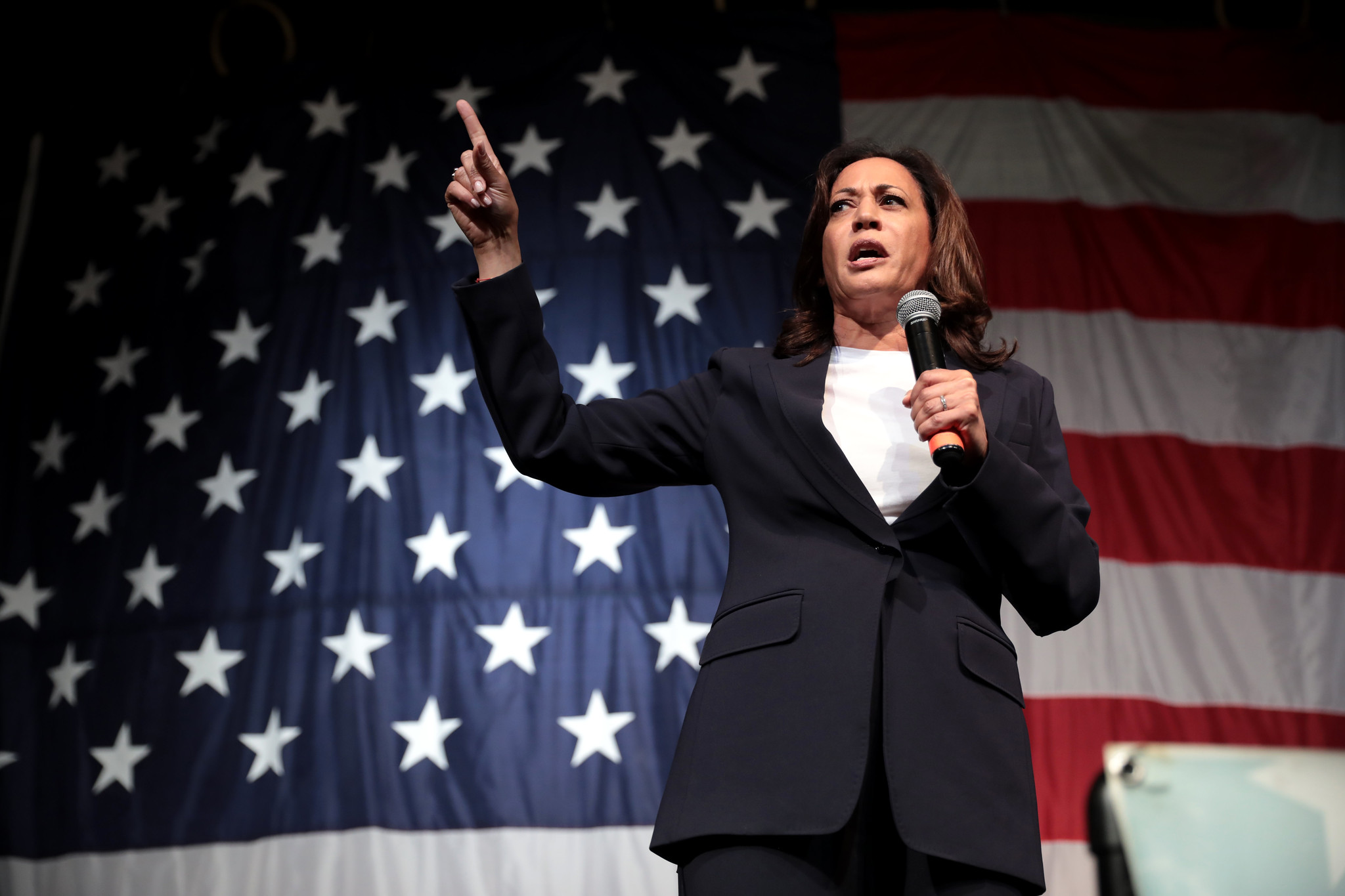A leaked text message has sparked controversy, claiming that a significant raid campaign is underway on 4chan's notorious /pol/ board, allegedly orchestrated to demoralize users and astroturf fake support for Vice President Kamala Harris. The revelation suggests that up to 130 paid posters are involved in this effort, igniting debates about the extent to which online influence tactics are being employed ahead of the 2024 presidential election.
The text message, which surfaced on various social media platforms, alleges a coordinated attempt to manipulate discussions and perceptions on one of the internet’s most infamous forums. The claim posits that this campaign is designed to counteract the so-called "meme magic" many believe contributed to Donald Trump's unexpected victory in 2016. The alleged objective is to create an illusion of widespread support for Harris, influencing public opinion and voter behavior.
The message suggests that these paid posters are tasked with demoralizing opponents and generating artificial enthusiasm for Harris. This tactic, often referred to as astroturfing, involves creating a deceptive appearance of grassroots support for a particular cause or candidate. Such strategies raise ethical questions about the manipulation of democratic processes and the authenticity of online political discourse.
While the authenticity of the leaked text has not been independently verified, it has nonetheless fueled speculation and conspiracy theories. Trump supporters have seized upon the leak as evidence of what they perceive to be the Democratic Party's underhanded tactics. Conversely, critics argue that this could be a distraction or even a fabrication aimed at discrediting Harris and her campaign.
If proven true, such a campaign would have significant implications. Online forums like 4chan are crucial in shaping political narratives and mobilizing voter bases. The potential for paid operatives to sway opinions on these platforms highlights the evolving landscape of political campaigning in the digital age. It underscores the need for greater transparency and regulation of online political activities.
This development also raises questions about the broader impact of digital propaganda and misinformation. As political campaigns increasingly turn to social media and online forums to reach voters, the line between genuine support and orchestrated influence becomes blurred. This phenomenon challenges the integrity of the electoral process and affects the public’s trust in media and information.
As the 2024 presidential election approaches, both major parties will likely intensify their digital strategies. The alleged raid on 4chan’s /pol/ board is a reminder of the high stakes involved and the lengths to which campaigns might go to secure an advantage. For voters, it emphasizes the importance of critical thinking and skepticism when encountering political content online.
In response to the leak, social media users have called for platforms to take more stringent measures to detect and prevent such manipulative tactics. Tech companies, regulators, and the public must ensure that the digital spaces where political discourse occurs are not easily co-opted by those seeking to distort democratic processes.
The story of the alleged 4chan raid will likely continue to capture attention as more details emerge. Whether this is a genuine attempt to influence the election or another layer of the complex web of political maneuvering remains to be seen.



 U.S.-India Trade Framework Signals Major Shift in Tariffs, Energy, and Supply Chains
U.S.-India Trade Framework Signals Major Shift in Tariffs, Energy, and Supply Chains  Japan’s Prime Minister Sanae Takaichi Secures Historic Election Win, Shaking Markets and Regional Politics
Japan’s Prime Minister Sanae Takaichi Secures Historic Election Win, Shaking Markets and Regional Politics  U.S. to Begin Paying UN Dues as Financial Crisis Spurs Push for Reforms
U.S. to Begin Paying UN Dues as Financial Crisis Spurs Push for Reforms  Nicaragua Ends Visa-Free Entry for Cubans, Disrupting Key Migration Route to the U.S.
Nicaragua Ends Visa-Free Entry for Cubans, Disrupting Key Migration Route to the U.S.  Ohio Man Indicted for Alleged Threat Against Vice President JD Vance, Faces Additional Federal Charges
Ohio Man Indicted for Alleged Threat Against Vice President JD Vance, Faces Additional Federal Charges  TrumpRx.gov Highlights GLP-1 Drug Discounts but Offers Limited Savings for Most Americans
TrumpRx.gov Highlights GLP-1 Drug Discounts but Offers Limited Savings for Most Americans  Trump Signs “America First Arms Transfer Strategy” to Prioritize U.S. Weapons Sales
Trump Signs “America First Arms Transfer Strategy” to Prioritize U.S. Weapons Sales  Sydney Braces for Pro-Palestine Protests During Israeli President Isaac Herzog’s Visit
Sydney Braces for Pro-Palestine Protests During Israeli President Isaac Herzog’s Visit  Trump Backs Nexstar–Tegna Merger Amid Shifting U.S. Media Landscape
Trump Backs Nexstar–Tegna Merger Amid Shifting U.S. Media Landscape  Israel Approves West Bank Measures Expanding Settler Land Access
Israel Approves West Bank Measures Expanding Settler Land Access  Federal Judge Restores Funding for Gateway Rail Tunnel Project
Federal Judge Restores Funding for Gateway Rail Tunnel Project  Anutin’s Bhumjaithai Party Wins Thai Election, Signals Shift Toward Political Stability
Anutin’s Bhumjaithai Party Wins Thai Election, Signals Shift Toward Political Stability  Japan Election 2026: Sanae Takaichi Poised for Landslide Win Despite Record Snowfall
Japan Election 2026: Sanae Takaichi Poised for Landslide Win Despite Record Snowfall  Trump Says “Very Good Talks” Underway on Russia-Ukraine War as Peace Efforts Continue
Trump Says “Very Good Talks” Underway on Russia-Ukraine War as Peace Efforts Continue  Antonio José Seguro Poised for Landslide Win in Portugal Presidential Runoff
Antonio José Seguro Poised for Landslide Win in Portugal Presidential Runoff  China Warns US Arms Sales to Taiwan Could Disrupt Trump’s Planned Visit
China Warns US Arms Sales to Taiwan Could Disrupt Trump’s Planned Visit  Trump Lifts 25% Tariff on Indian Goods in Strategic U.S.–India Trade and Energy Deal
Trump Lifts 25% Tariff on Indian Goods in Strategic U.S.–India Trade and Energy Deal 































